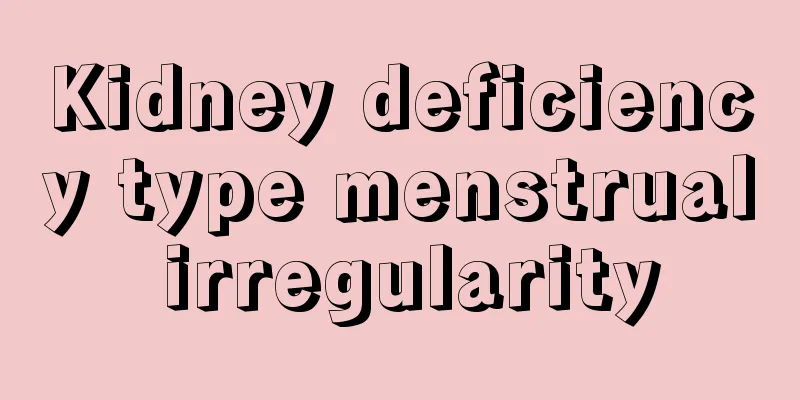Can bilateral fallopian tube obstruction be cured?

|
Fallopian tube blockage is one of the factors that cause infertility in many women. According to the different conditions of fallopian tube blockage, it is divided into three types. One is that the fallopian tubes are unobstructed, and the other is blocked, but the degree of damage is light. The more serious one is that both sides of the fallopian tubes are completely blocked. In this case, it is impossible to get pregnant successfully. So can bilateral fallopian tube blockage be cured? Let us find out below. For women with bilateral fallopian tube blockage, the damage is relatively serious. With the current medical level, it is impossible to restore the reproductive function in this situation. Of course, it actually depends on the patient's condition. If the blockage of both fallopian tubes is not very serious and can be unblocked after treatment, there is a certain chance of pregnancy. There are many reasons for bilateral fallopian tube obstruction, among which the occurrence of secondary bilateral fallopian tube obstruction is directly related to some gynecological inflammation, such as pelvic inflammatory disease, which can cause blockage. After treatment, the reproductive ability after bilateral fallopian tube reconstruction surgery mainly depends on the location and degree of bilateral fallopian tube damage. Generally speaking, the probability of pregnancy for women with widespread damage to both fallopian tubes is relatively small. For patients with unilateral fallopian tube obstruction, they can choose some treatment methods according to their own conditions after examination. Common treatments for fallopian tube obstruction include: bilateral salpingostomy, which is suitable for bilateral distal fallopian tube obstruction, bilateral fallopian tube fimbria repair, fallopian tube resection, etc., and bilateral tubal uterine and ovarian adhesion lysis for adnexal adhesions, etc. The key is to treat according to the severity of fallopian tube blockage, the cause of the disease and the location of the blockage. Fallopian tube blockage is a major cause of disease that affects women's fertility. When a woman has bilateral fallopian tube blockage, it can directly cause infertility, so it must be treated in time. Although it is more difficult to restore fertility when the fallopian tubes are blocked on both sides, and the chance of pregnancy after treatment is also low, it actually depends on the severity of the blockage. Therefore, it is recommended that women with bilateral fallopian tube blockage go to a regular hospital for examination in order to formulate an effective treatment plan. |
<<: Should I squeeze out the milk immediately?
Recommend
What are the most effective contraceptive methods?
The fruit of love is a beautiful and liberal defi...
Why do I have lower abdominal pain one week after having sex during ovulation?
Female friends, do you understand your own body? ...
Can women eat bean sprouts during confinement?
The confinement period for women is really very i...
When will Fengshui pears be available? What are the nutritional values of Fengshui pears?
We all know that pears can relieve phlegm and cou...
[World Asthma Day] Taking aspirin to induce asthma is almost fatal? ! Be careful!
May 7th this year is the 26th World Asthma Day, a...
Cure diseases and keep fit! The Lancet recommends the most cost-effective exercise, which many people ignore!
Walking may only require you to prepare a pair of...
What should I do if I have abdominal pain and backache after abortion?
My boyfriend and I have been living together for ...
Can I drink rice wine during early pregnancy?
Rice wine is a liquor made from fermented rice. I...
Winter prenatal preparation list?
Pregnant women need to prepare a lot of items bef...
Hydrogen peroxide positive is actually suffering from this disease
Under the influence of some adverse factors, more...
What causes breast hyperplasia?
As competition in the modern workplace continues ...
How to take contraceptive measures after giving birth?
For some female friends who have just given birth...
World Mental Health Day | How to prevent and treat mental illness?
How to prevent and treat mental and psychological...
What to do if milk is swollen and painful and can't be squeezed out
For all mothers, breastfeeding is a novel experie...
What are the benefits of eating bird's nest during the dog days? How to eat bird's nest during the dog days
The summer climate is humid and hot. Once you go ...









